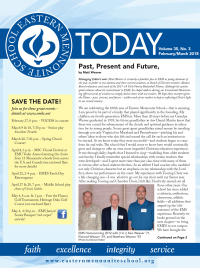“I don’t like history. It’s boring.”When we hear these words from students in the first days of school, we consider it a challenge. At EMS, we recognize that social studies education is changing. Memorization of facts, long the backbone of history teaching, has decreased in importance in our digital world. Students and adults alike can Google any fact we need to know in mere seconds on devices we carry around in our pockets.
So what might you see happening in history classrooms at Eastern Mennonite School? So glad you asked! We believe in “doing” history, getting students involved and engaged in ways that activate their minds and build key skills that will allow them to be informed participants and citizens of their communities, their world, and of God’s kingdom. Here are a few of the ways we strive to achieve these goals:
- Experiential learning: This includes everything from our school-wide History Day, to hands on exploration of artifacts, to simulations that place students in the roles of historical figures or those in charge of governing.
- Inquiry learning: We seek to cultivate curiosity in our students, encouraging them to ask questions and seek answers. In a world of “too much” information, we must teach students how to frame their questions and find reliable sources for information.
- Critical thinking: Contrary to popular belief, history is not a series of uncontested facts. Rather, the study of history consists of interpretation of evidence, and professional historians don’t always agree on one “correct” interpretation. Students learn to engage with primary source materials, consider the source of those materials, and begin making their own claims about historical events.
- Writing and communication:It’s important for students to be able to convey their knowledge and hard-won understandings of history to others, both through written word and verbally in class presentations.
At EMS, we have the privilege and luxury of cultivating these important skills for life and citizenship in our students. Our hope is to do social studies education in such a way that we can change the minds of those students who come to us saying, “I hate history. It’s so boring!”

